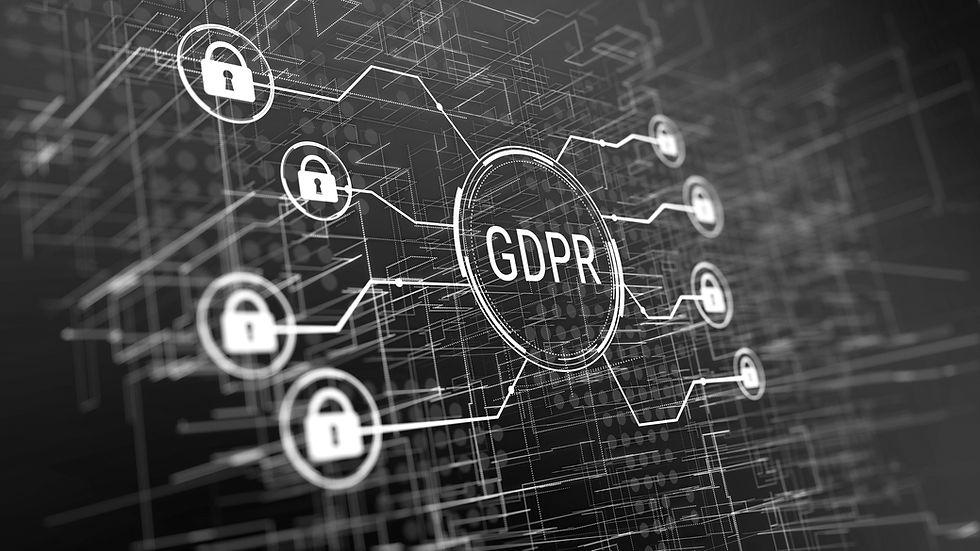Is Biometric Time & Attendance Legal in the UK?
- dan1462
- Feb 5, 2025
- 2 min read

Biometric time and attendance systems have become increasingly popular for businesses looking to streamline workforce management and enhance security. However, in the UK, strict data protection regulations mean that businesses must carefully consider their legal obligations before implementing such systems.
Yes, biometric time and attendance systems can be used in the UK, but they must comply with the UK GDPR (General Data Protection Regulation) and the Data Protection Act 2018. These regulations categorize biometric data, such as fingerprints and facial recognition, as special category data, requiring additional safeguards to ensure lawful processing.

Key Compliance Requirements for Using Biometric Systems
If you plan to use biometric time and attendance systems, here are the crucial steps to ensure compliance:
1. Establish a Lawful Basis for Processing Biometric Data
Under UK GDPR, businesses must have a valid reason for collecting and processing biometric data. This could be:
Explicit consent from employees (but this must be freely given, which can be challenging in an employment setting).
Legitimate interest, if the system is necessary for security or fraud prevention and does not infringe on employee rights.
2. Offer an Alternative Attendance System
To avoid potential legal issues, businesses should provide an alternative, non-biometric method for employees who do not wish to use biometric data, such as key cards, PIN codes, or mobile check-ins.
3. Conduct a Data Protection Impact Assessment (DPIA)
Before implementing biometric attendance tracking, a DPIA should be carried out to assess risks, justify the need for biometric data, and outline how data protection principles will be upheld.
4. Implement Strong Security Measures
Given that biometric data is sensitive, it must be protected with:
Encryption to prevent unauthorized access.
Secure storage (preferably on local devices rather than a central database).
Clear data retention policies, ensuring data is deleted when no longer needed.
5. Employee Awareness and Transparency
Businesses must be transparent about how biometric data is collected, stored, and used. Employees should be informed about their rights and given access to privacy policies outlining the system’s use.
Potential Consequences of Non-Compliance
Failure to comply with UK GDPR when using biometric attendance systems can result in ICO (Information Commissioner’s Office) investigations, fines, and legal action. Employees who feel their data rights have been infringed may also file complaints, leading to reputational damage for the business.
Final Thoughts: Is Biometric Attendance Right for Your Business?
While biometric time and attendance systems offer benefits such as enhanced security and reduced time fraud, UK businesses must take a cautious and compliant approach. By ensuring lawful data processing, offering alternative attendance options, and implementing robust security measures, businesses can leverage biometrics while protecting employee rights.
If you are considering implementing a biometric attendance system, consult a data protection expert or conduct a GDPR compliance review to avoid potential pitfalls.
Can You Use Biometric Time and Attendance Systems in the UK?




Morrisons Employees will be able to login to mymorri portal to view encrypted payslips, OS device instantly. Incredibly beneficial when you can effortlessly handle your finances, verify the salary paperwork, and track your payment past transactions.